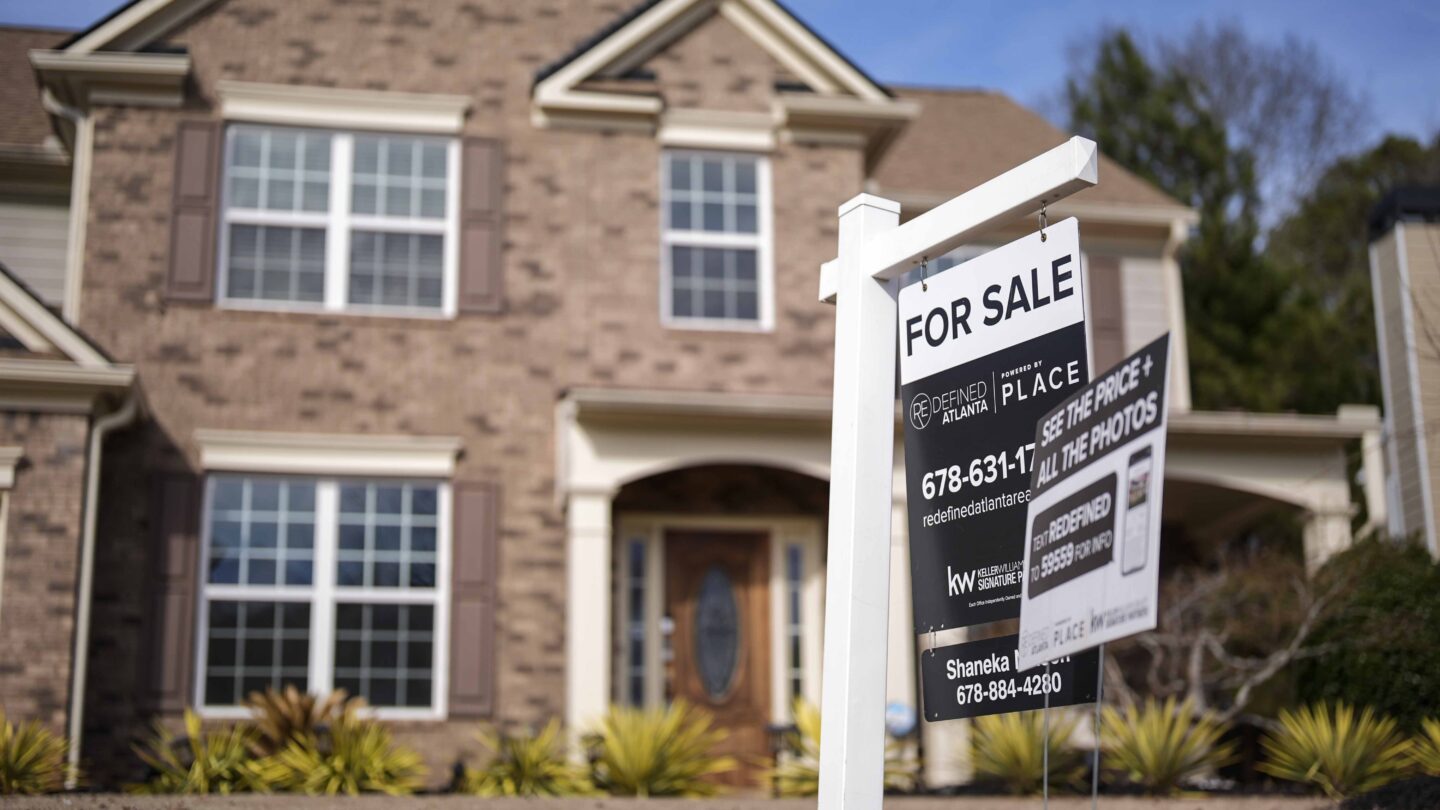Rise in taxable value of homes in Georgia would be capped if voters approve

Georgia lawmakers gave final approval Thursday to a package of legislation they hope will limit property tax increases, in what could be Republicans’ signature tax-cutting effort of the 2024 session.
The measures include a state constitutional amendment that will need voter approval in a November referendum before it can take effect.
The plan would limit increases in a home’s value, as assessed for property tax purposes, to the rate of inflation each year, unless a city or county government or local school board uses a one-time escape hatch to opt out in early 2025.
Senate Finance Committee Chairman Chuck Hufstetler, a Rome Republican, called it a “tremendous piece of tax legislation to relieve taxpayers in the short term, and over the cap, in the long term, keep their taxes down.”
Lawmakers say that would prevent “back door” tax increases by governments that pocket more revenue when home values go up, by failing to lower tax rates. Many rank-and-file lawmakers say discontent over rising property tax bills is the top concern they hear from constituents. Statistics show overall Georgia property tax collections rose 41% from 2018 to 2022, with total assessed value rising by nearly 39%. Those figures represent not only existing property but also new buildings.
House Resolution 1022 and House Bill 581 passed the House and the Senate, easily clearing the two-thirds majority needed. Lobby groups for cities and counties had agreed to the measure. School boards still opposed it, warning that the cap could starve schools of needed revenue in the future. That’s especially true because most school districts can’t raise tax rates above a certain amount, limiting their ability to raise new revenue.
Georgia is far from the only state where lawmakers are reacting to voter discontent over higher levies, with states including Texas, Kansas, Colorado and Pennsylvania seeing the issue take center stage over the past year.
Senators had wanted to mandate the cap for every city, county and school district that doesn’t already have a more restrictive cap, while House members had proposed allowing governments to choose to opt in. Under the current proposal, local governments and school districts would have until March 1, 2025, to opt out. But any local government or school district that didn’t exit the plan would be governed by the cap after that.
For homeowners with a homestead exemption, it would last as long as they own their home. The assessed value would reset to the market value when a home is sold.
Lawmakers also agreed on a proposal backed by House Speaker Jon Burns to increase the statewide homestead tax exemption. Burns, a Newington Republican, had proposed increasing the amount from $2,000 to $4,000.
That change could save some homeowners $100 annually on the tax bills by decreasing a home’s taxable value. But it might apply in as few as one-third of Georgia’s 159 counties, testimony has shown. Most counties already have local exemptions that are larger or exclude the statewide exemption.
The bill does include a new provision that would allow governments to increase sales taxes by a penny on $1 of sales to replace property taxes. A few counties already do that.
Republicans in Georgia have long pushed local governments to roll back tax rates to keep bills level when valuations increase, saying letting bills rise even if tax rates stay level amounts to a backdoor tax increase. At least 39 Georgia counties, 35 cities and 27 school systems have adopted local laws limiting how much assessed values can rise, according to the Association of County Commissions of Georgia. Some of those limits only benefit homeowners 65 or older.








